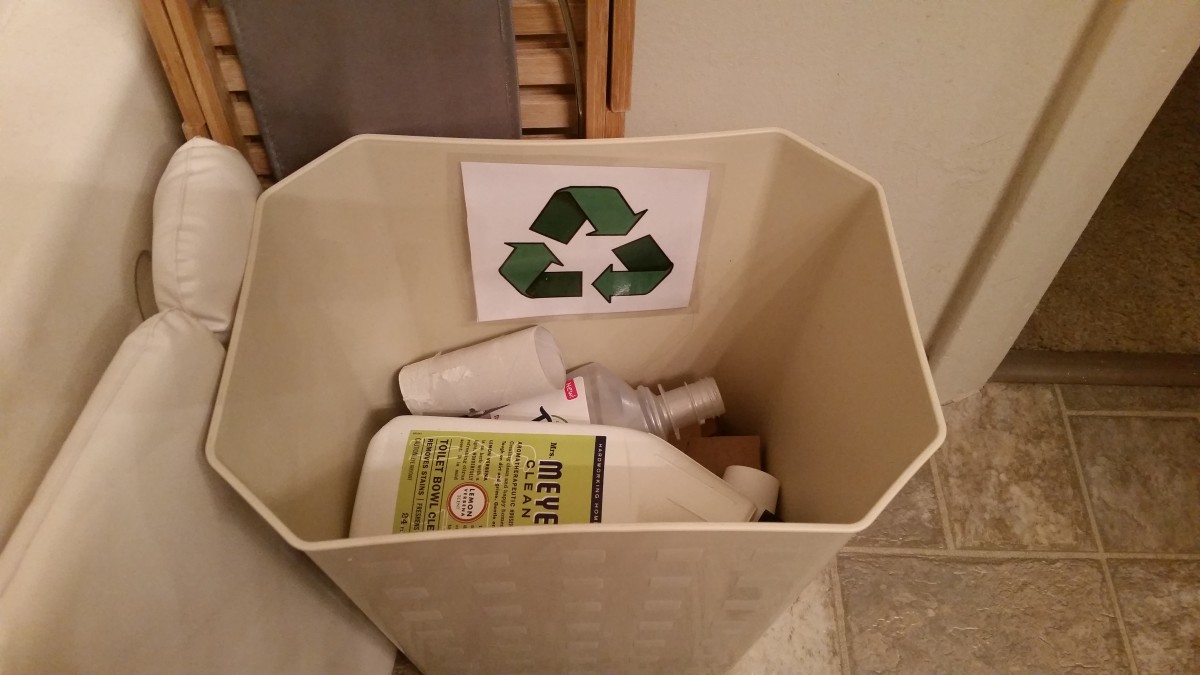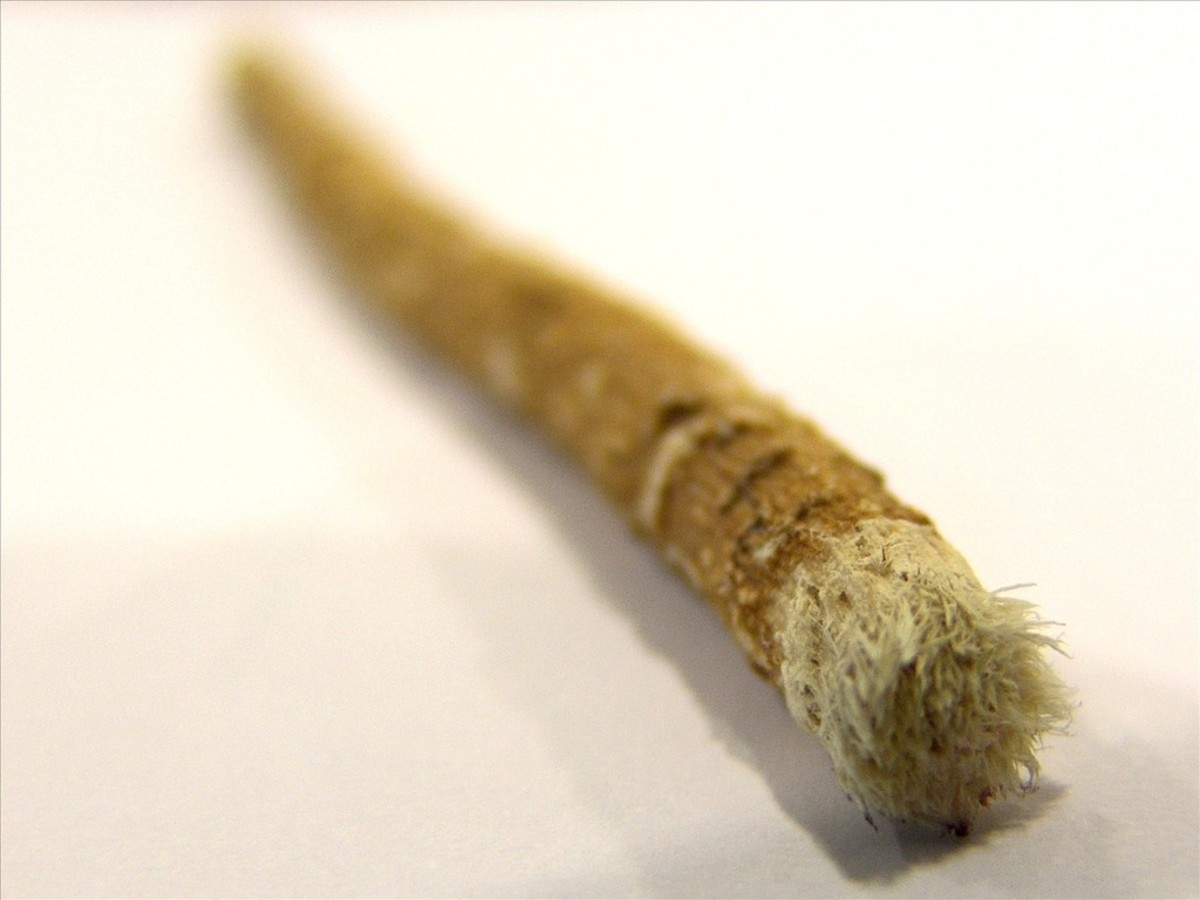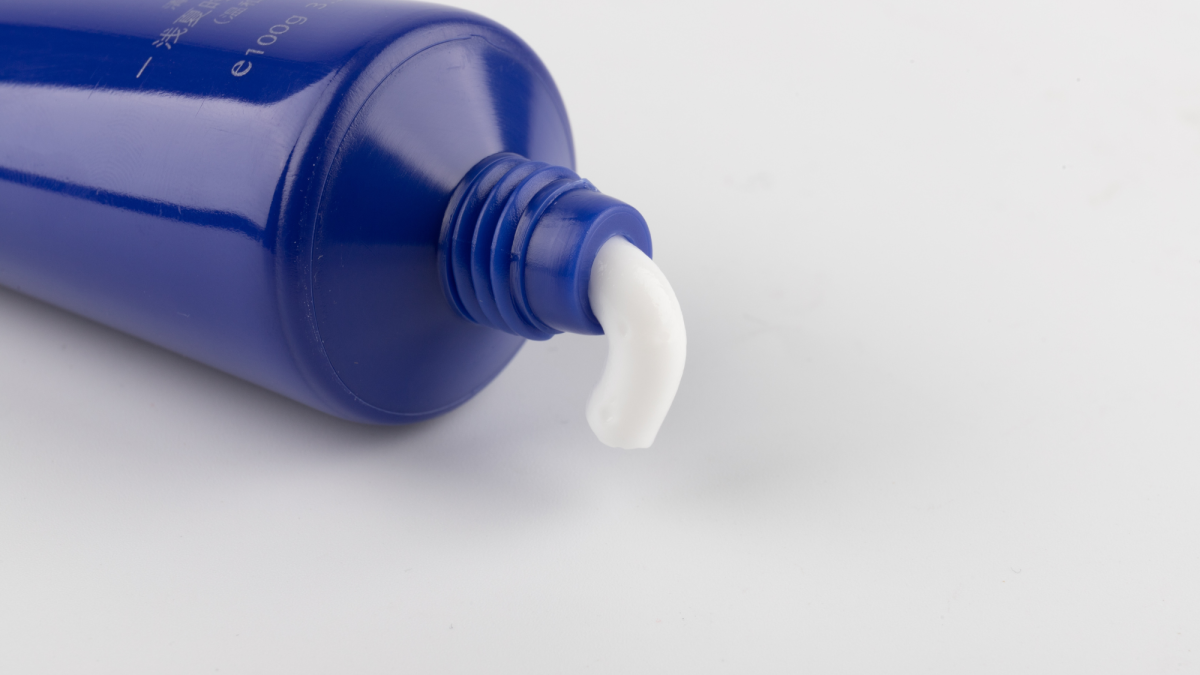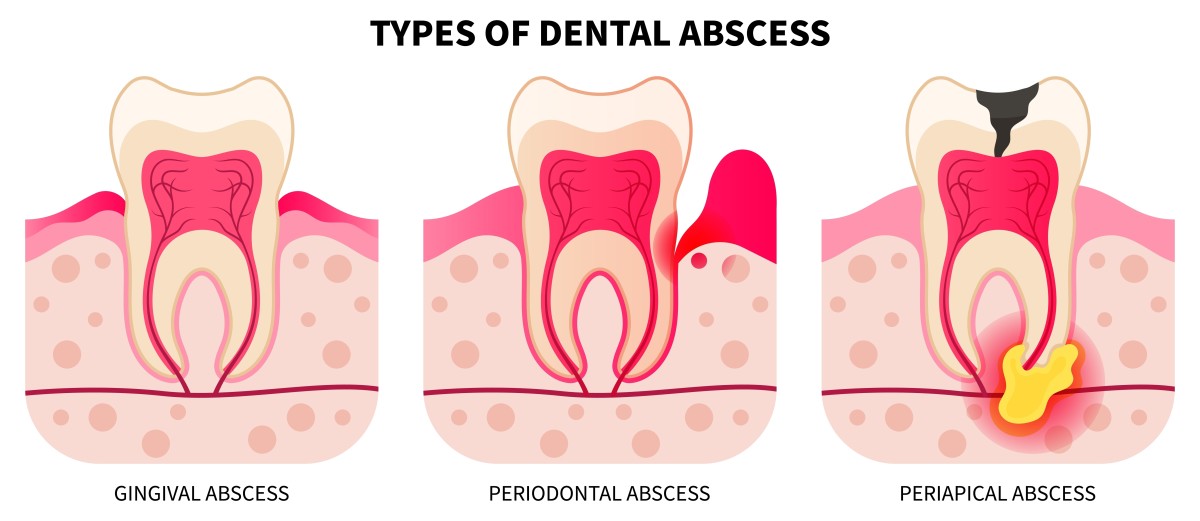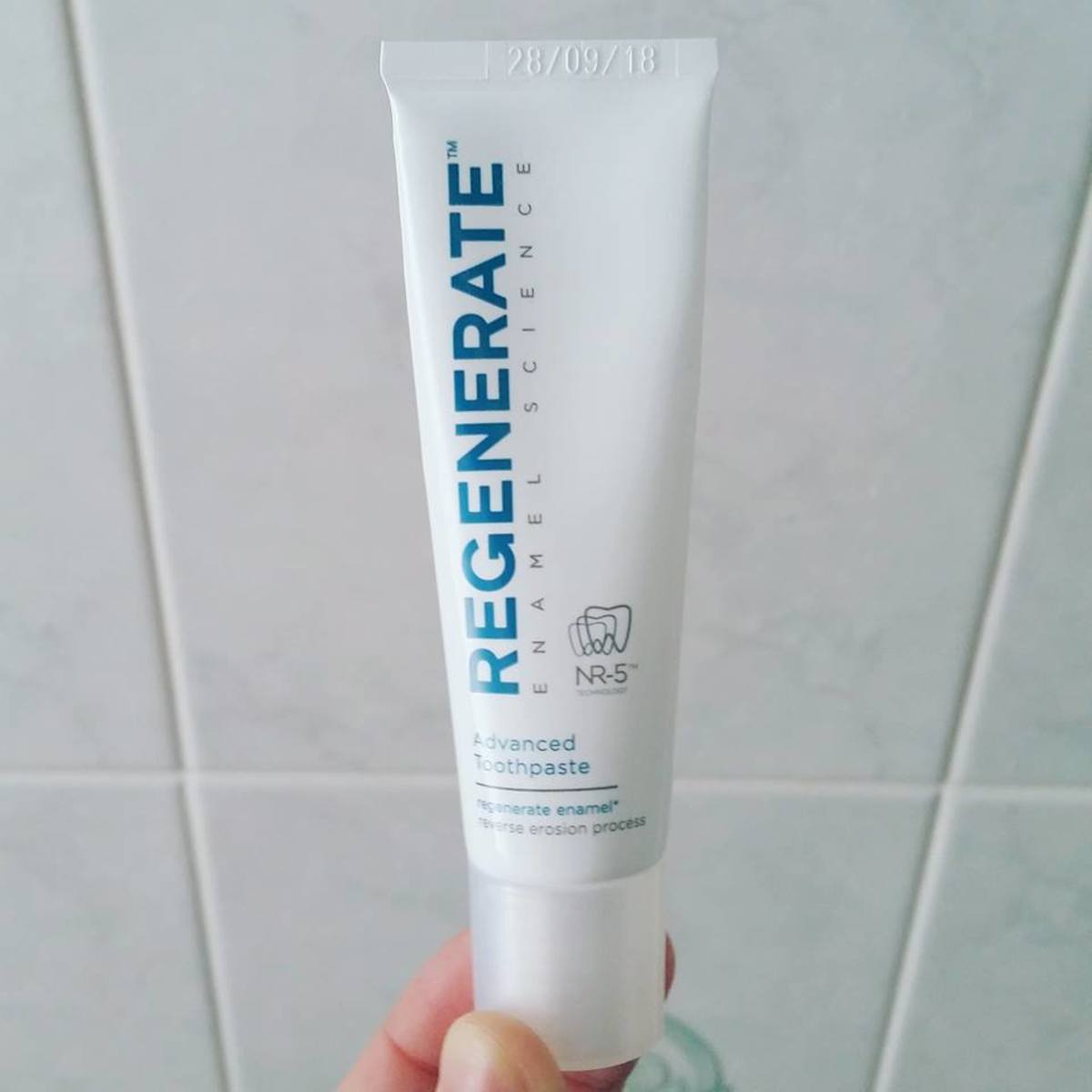Discover Sewak
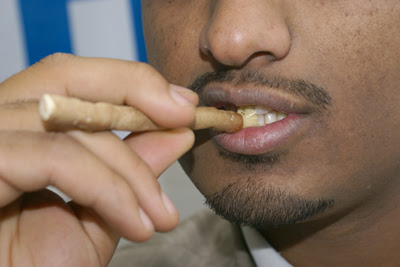
Sewak is a twig from the Salvadora Persica tree and is used as a natural toothbrush. Is it sometimes called muswak or miswak, and it has been used for centuries, especially in the Middle East. Studies have demonstrated the positive benefits of sewak on dental health. It has been shown to contain at least 10 beneficial chemicals that aid in eliminating plaque, freshening breath, whitening teeth, combating gum disease, and fighting bacteria, among other things. Discover how sewak can improve your oral hygiene by learning about its beneficial properties.
-
Removes Plaque
Studies have shown that sewak is more effective in removing plaque than regular tooth brushing when used properly. Composed of small natural fibers, it spreads out to form a natural toothbrush with natural bristles instead of plastic ones, which may be more gentle on sensitive gums. Studies have shown that sewak contains more natural fluoride than store-bought toothpastes. Additionally, the fluoride found in sewak is calcium fluoride - the natural form of fluoride found in nature, while the fluoride in toothpaste is sodium fluoride, which has been shown to be detrimental to health in large amounts. Sewak also contains natural silica, which is effective in brushing plaque off of the tooth's surface.
-
Aids in Combating Gum Disease
Sewak contains natural antimicrobial and antifungal chemicals which help prevent and treat gum disease. Sewak also has asceptic, astringent, and enzyme inhibiting properties which aid in gum health and fight gingivitis.
-
Protects Human Dentin
Dentin is the mix of minerals, mainly calcium, that comprises most of the tooth and protects the delicate inner pulp of the tooth. It creates a base under the enamel, or outer coating, of the tooth. Studies have shown that sewak protects human dentin, thereby promoting dental health.
-
Contains Tannic Acid to Fight Stains
Don't confuse tannic acid with tannins, a basic ingredient in wood stains. Tannic acid is found in sewak and works to prevent staining of the teeth. Tannic acid has also been used in the past to stop bleeding after wisom tooth extraction since tannic acid helps to clot blood. Tannic acid also helps reduce gingivitis.
-
Helps Heal and Repair Tissues
Sewak contains small amounts of vitamin C which helps heal and repair tissues. Vitamin C is a natural antioxidant which helps reduce inflammation and reduce damage caused by chemicals.
-
Contains other Beneficial Chemicals
Sewak also contains alkaloids (salvadorine), flavenoids, volatile oils (sinigrin), sulfur, sodium bicarbonate, chlorides, calcium, benzylisothiocyanate (BIT), salicylic acids, sterols, trimethylamine, and saponins. These chemicals help protect teeth against damage, freshen breath, fight gingivitis, prevent staining, and guard against bacteria.
How To Clean Your Teeth With Miswak
How to Use Sewak
Take a piece of sewak and use a knife to trim the bark off an inch at the end. Chew the end of the twig until the bristles fan out into a toothbrush. Rub it against the teeth and gums as you would a normal toothbrush, making sure to use the bristles to get in between teeth and in the hard-to-reach places. When you can no longer taste the juice of the sewak, cut the bristles off and trim the bark from another inch. Chew it until the bristles fan out again, as you did before. Don't let the sewak dry out. When you're not using it, wrap it in foil and store in a resealable bag. Alternatively, you can purchase a specially-designed miswak holder.


